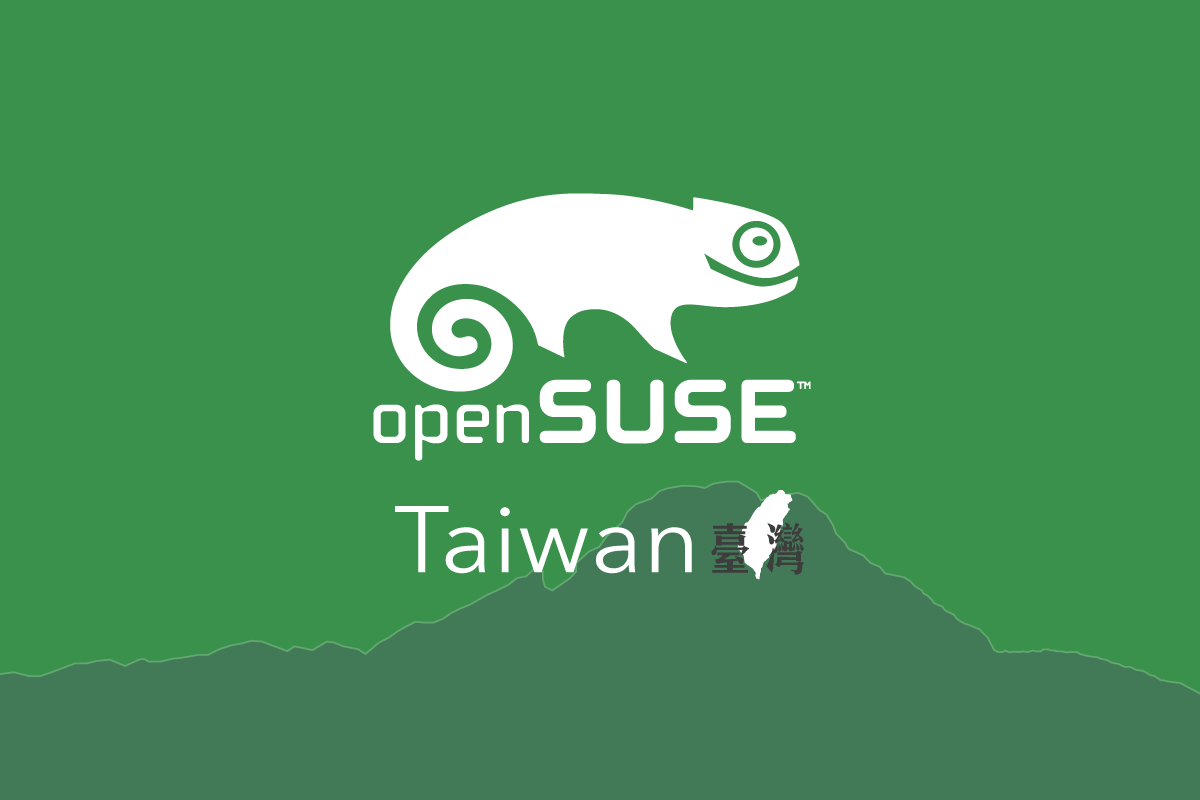[簡介]
openSUSE eBPF / BCC workshop
本活動由 openSUSE.Taiwan 主辦
* openSUSE Taiwan FB: https://www.facebook.com/groups/opensuse.zh/
場地由摩茲工寮 https://moztw.org/space/ 提供
請自備筆電參加 workshop, 建議安裝 openSUSE 版本的桌面系統
[課程說明]
BCC is a toolkit for creating efficient kernel tracing and manipulation programs, and includes several useful tools and examples. It makes use of extended BPF (Berkeley Packet Filters), formally known as eBPF, a new feature that was first added to Linux 3.15. Much of what BCC uses requires Linux 4.1 and above.
eBPF was described by Ingo Molnár as:
One of the more interesting features in this cycle is the ability to attach eBPF programs (user-defined, sandboxed bytecode executed by the kernel) to kprobes. This allows user-defined instrumentation on a live kernel image that can never crash, hang or interfere with the kernel negatively.
BCC makes BPF programs easier to write, with kernel instrumentation in C (and includes a C wrapper around LLVM), and front-ends in Python and lua. It is suited for many tasks, including performance analysis and network traffic control.
[注意事項]
本次課程將會帶領大家瞭解 eBPF / BCC 的基本原理並且練習試寫一些小工具。
由於內容將為工作坊,並且根據講師習慣所以要求報名參加者務必安裝 openSUSE Leap 42.2 or openSUSE Tumbleweed 的版本來使用練習。(使用虛擬機或是遠端桌面亦可)
取得 openSUSE 版本: https://www.opensuse.org/
[適合對象]
- 開放原始碼愛好者
- 想要了解 eBPF / BCC 安裝以及入門的社群朋友
[課程時程]
14:00 - 16:00 Workshop ( AL )
16:30 - 17:00 意見交流& FOSSASIA 經歷分享( Gary )
[系列活動資訊]

